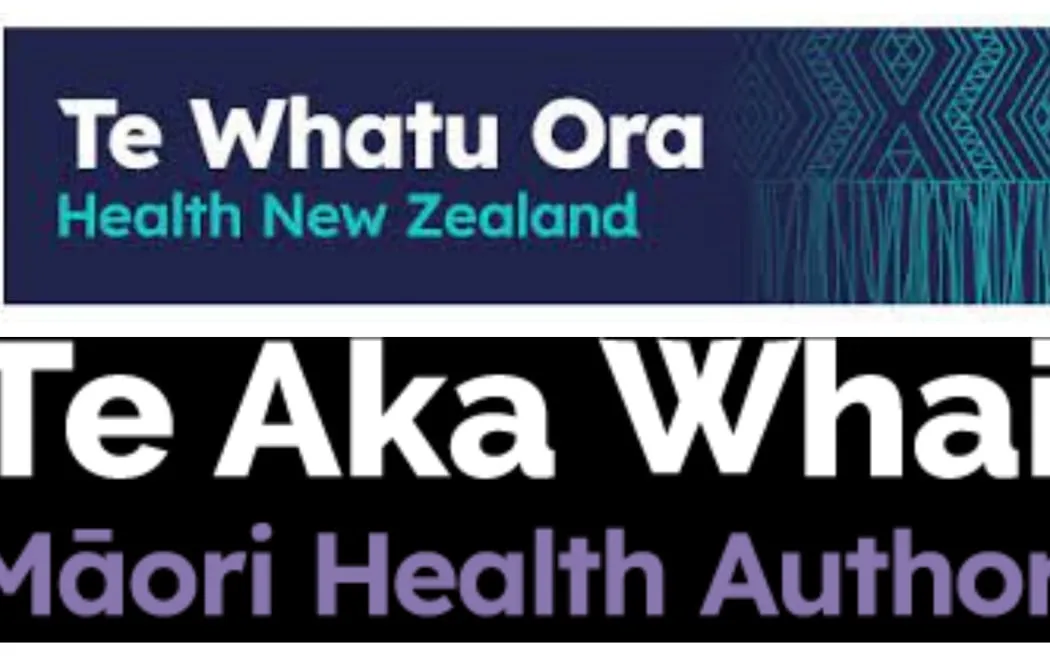The Waitangi Tribunal’s Report on the Disestablishment of Te Aka Whai Ora: Māori Health Authority
The Waitangi Tribunal has released its report on the disestablishment of Te Aka Whai Ora, a Māori health authority that was set up to address the significant disparities in health outcomes between Māori and non-Māori populations. The tribunal’s inquiry into the process followed by the Crown in dissolving the authority found several issues with the decision-making process.
**Background**
Te Aka Whai Ora was established as a result of the Waitangi Tribunal’s Health Services and Outcomes Report, which highlighted significant disparities in health outcomes between Māori and non-Māori populations. The tribunal’s report recommended the establishment of a standalone Māori health authority to address these inequities.
**Government Decision**
In February 2023, the government introduced the Pae Ora (Disestablishment of Māori Health Authority) Amendment Bill, which was passed under urgency in its first two readings. The bill was part of the government’s 100-day commitment and was intended to address the disparities in health outcomes between Māori and non-Māori populations.
**Tribunal Inquiry**
The Waitangi Tribunal conducted an inquiry into the disestablishment process, which began in mid-November 2023. The tribunal directed the government to release eight unredacted documents showing its reasoning for dissolving Te Aka Whai Ora. These documents were released in January 2024.
**Report Findings**
The report found several issues with the decision-making process followed by the Crown. Firstly, it was found that the Crown did not consult extensively with Māori stakeholders before making a decision on the disestablishment of Te Aka Whai Ora. The tribunal also found that the government’s 100-day commitment was used to justify the dissolution of the authority without proper consideration for its impact.
**Tribunal Recommendations**
The tribunal recommends that the Crown:
* Commit to revisiting the option of a standalone Māori health authority
* Consult extensively with Māori in the development of any alternative plans
* Undertake proper regulatory impact analysis in matters affecting Māori health
**Quotes from Claimants**
Lady Tureiti Moxon, one of the lead claimants in the inquiry, stated that Te Aka Whai Ora was a courageous decision by the government to set up a partnership with Māori. “It was great to have a central body that actually understood our needs… it was in our communities and was able to design contracts and programmes that suited us.”
However, she also stated that the dissolution of Te Aka Whai Ora was not about race, but about rights. “This is not about race, it was never about race, it was about rights. Our right to live as Māori, be Māori and do for ourselves in our own way.”
Dr Shane Reti, the Health Minister at the time of the bill’s introduction, stated that the dissolution of Te Aka Whai Ora was part of a broader commitment to improve health outcomes for Māori. “While the particular version of the dream that the Māori Health Authority laid out is coming to an end today, I want to paint a different dream… one that will be outcomes driven.”
However, the dissolution of Te Aka Whai Ora has been met with fierce backlash from claimants and doctors, with over 700 signing an open letter demanding more detail on what would replace it.
**Conclusion**
The Waitangi Tribunal’s report on the disestablishment of Te Aka Whai Ora highlights several issues with the decision-making process followed by the Crown. The tribunal’s recommendations are clear: the Crown must commit to revisiting the option of a standalone Māori health authority, consult extensively with Māori in the development of any alternative plans, and undertake proper regulatory impact analysis in matters affecting Māori health.
The dissolution of Te Aka Whai Ora is a significant setback for efforts to address disparities in health outcomes between Māori and non-Māori populations. However, it also highlights the need for more detailed consultation with Māori stakeholders and a commitment to improving health outcomes for this population.

0 Comments